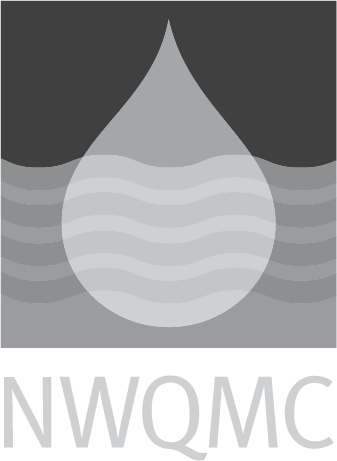EPA-NERL: 200.10: Trace Elements in Marine Waters by ICPMS
|
Official Method Name
|
Determination of Trace Elements in Marine Waters by On-Line Chelation Preconcentration and Inductively Coupled Plasma - Mass Spectrometry |
|---|---|
|
Current Revision
| Revision 1.6, September 1997 |
|
Media
|
WATER |
|
Instrumentation
|
Inductively Coupled Plasma - Mass Spectrometry |
|
Method Subcategory
|
Inorganic |
|
Method Source
|
|
|
Citation
|
|
|
Brief Method Summary
|
A sample is preconcentrated using an iminodiacetate functionalized chelating resin. Following acid solubilization, the sample is buffered prior to the chelating column using an on-line system which separates target elements from most anions and Group I and II metals upon elution with acid ammonium acetate. Analytes are eluted into a dilute nitric acid solution, and the concentration of elements is determined using a directly coupled on-line inductively coupled plasma-mass spectrometry (ICP-MS) system. |
|
Scope and Application
|
The method determines total recoverable trace elements in marine waters, including estuarine water, seawater, and brines. |
|
Applicable Concentration Range
|
|
|
Interferences
|
(A) Competing chelators: low recoveries may be encountered in the preconcentration cycle if the trace elements are complexed by competing chelators in the sample or are present as colloidal material. Acid solubilization pretreatment is employed to improve analyte recovery and to minimize absorption, hydrolysis, and precipitation effects. (B) Memory interferences: especially after analyzing a sample containing high concentrations of the analytes. A thorough column rinsing sequence following elution of the analytes is necessary to minimize such interferences. |
|
Quality Control Requirements
|
Initial demonstration of laboratory capability and the periodic analysis of laboratory reagent blanks, fortified blanks, and other laboratory solutions as a continuing check on performance. |
|
Sample Handling
|
For the determination of total recoverable elements in aqueous samples, acidify with (1+1) nitric acid (high purity) at the time of collection to pH <2 (normally 3 mL of acid per liter of samples is sufficient). The sample should not be filtered prior to analysis. |
|
Maximum Holding Time
|
6 months. |
|
Relative Cost
|
$201 to $400 |
|
Sample Preparation Methods
|




